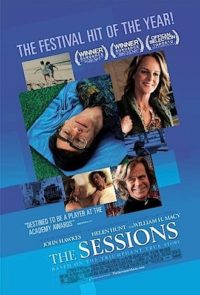 Ben Lewin’s The Sessions is a very rare beast – an American film that portrays human sexuality with honesty, sensitivity and no hint of prurience. (Actually, writer-director Lewin is a Polish emigré who grew up in Australia and – after a brief career as a barrister – went to England in 1971 to make television, so maybe it isn’t all that American.)
Ben Lewin’s The Sessions is a very rare beast – an American film that portrays human sexuality with honesty, sensitivity and no hint of prurience. (Actually, writer-director Lewin is a Polish emigré who grew up in Australia and – after a brief career as a barrister – went to England in 1971 to make television, so maybe it isn’t all that American.)
Poet Mark O’Brien was crippled with polio as a child and forced to spend more than 20 hours a day in an iron lung, practising his craft with a pencil held between his teeth, relying on caregivers for – almost – every important bodily function. Although he spent his life horizontal he wasn’t paralysed and he could still feel everything that was done to his body – a fact that a pretty nurse giving him his daily wash could probably testify to… As a red-blooded American male in his 30s, his head could get turned by a shapely figure even though his inexperience and disability meant he was totally lacking in romantic confidence.
To complicate matters still further, his Catholic faith also provided him with the traditional guilt complex, although it did introduce him to a local priest (William H. Macy) who could minister to his increasingly tortured soul. A counsellor introduces Mark to the idea of a sex surrogate – a therapist specialising in helping clients get over sexual problems and hangups. He wants to lose his virginity before he dies but the church won’t sanction sex outside wedlock. What’s a guy to do?
After a moment’s consideration, kindly Father Brendan predicts that God would probably give Mark a free pass in this case, not realising that this blessing means that he’s going to get a blow by blow (so to speak) account of the therapeutic process. The physical ministrations are provided by Helen Hunt’s Cheryl, a registered sex therapist and a soul so sensitive to Mark’s situation that frankly every man should be lucky enough to have such a coach.
Mark is played by character actor John Hawkes – often terrifyingly intense in films like Martha Marcy May Marlene, Winter’s Bone and Higher Ground but here warm, witty and almost unrecognisable as in all but one shot of the film he’s horizontal. The Sessions is the best film about therapy since Good Will Hunting and one of the best films about anything this year.
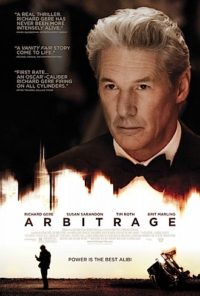 Arriving on a wave of Oscar hype (and a possibly over-stated post-Margin Call hunger for dramas about the financial crisis), Nicholas Jarecki’s Arbitrage gives Richard Gere a rare juicy role as a successful Manhattan fund manager on the verge of cashing out. He’s selling his business to one of the big banks and the payday will be extraordinary – if they don’t find the $412 million hole in the accounts he is covering up and if the cop investigating an upstate car accident can’t pin him to the scene of the crime and the dead woman in the car.
Arriving on a wave of Oscar hype (and a possibly over-stated post-Margin Call hunger for dramas about the financial crisis), Nicholas Jarecki’s Arbitrage gives Richard Gere a rare juicy role as a successful Manhattan fund manager on the verge of cashing out. He’s selling his business to one of the big banks and the payday will be extraordinary – if they don’t find the $412 million hole in the accounts he is covering up and if the cop investigating an upstate car accident can’t pin him to the scene of the crime and the dead woman in the car.
It’s a good setup but the execution is laboured. Jarecki’s dialogue is lifeless and clichéd and the character motivations are telegraphed. An unsympathetic protagonist doesn’t always mean death to a film (only most of the time) but Gere’s Robert Miller behaves awfully throughout, though not in a delicious or even entertaining way. A strong supporting cast (Susan Sarandon, Brit Marling, Tim Roth, Stuart Margolin) is given very little to work with script-wise and little apparent direction either.
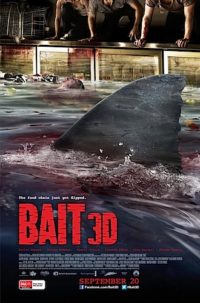 Despite the blockbuster use of 3D (The Avengers, Spider-Man and the forthcoming Hobbit) it often seems as if the technology is still best-suited to jazzing up pulpy B pictures like Bait. After all, one of the most entertaining 3D flicks I’ve seen was Piranha 3D and that had almost no redeeming features at all. Bait has a neat conceit: a tsunami destroys most of an Australian coastal town leaving a few survivors trapped in a flooded supermarket. While they are working on getting out one of them sees a shadow in the water and, yes, the incoming tide has brought with it a great white shark.
Despite the blockbuster use of 3D (The Avengers, Spider-Man and the forthcoming Hobbit) it often seems as if the technology is still best-suited to jazzing up pulpy B pictures like Bait. After all, one of the most entertaining 3D flicks I’ve seen was Piranha 3D and that had almost no redeeming features at all. Bait has a neat conceit: a tsunami destroys most of an Australian coastal town leaving a few survivors trapped in a flooded supermarket. While they are working on getting out one of them sees a shadow in the water and, yes, the incoming tide has brought with it a great white shark.
There are a few jumps to be had – and limbs to float around in front of you – but the delivery doesn’t quite live up to the promise. The younger ones in the all-Australian cast look like they have been chosen on looks rather than talent and the editing lacks propulsion. Still, I did feel tiny but measurable increases in heart rate and adrenaline levels which is more than can be said for our final entry this week.
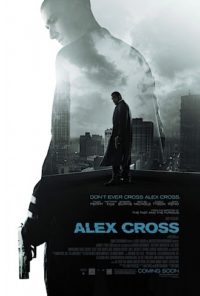 On arrival at the always friendly Empire Cinema in Island Bay on Saturday for Alex Cross, when offered a free cup of coffee I replied “that’s worth an extra half star”. So, as a man of my word – not to mention someone who doesn’t normally deal in star ratings – I am obliged to give Alex Cross half a star. But if you need a second opinion, I can report that as the closing credits rolled my companion leaned over and said “that was the worst. film. ever.”
On arrival at the always friendly Empire Cinema in Island Bay on Saturday for Alex Cross, when offered a free cup of coffee I replied “that’s worth an extra half star”. So, as a man of my word – not to mention someone who doesn’t normally deal in star ratings – I am obliged to give Alex Cross half a star. But if you need a second opinion, I can report that as the closing credits rolled my companion leaned over and said “that was the worst. film. ever.”
Printed in Wellington’s Capital Times on Wednesday 7 November, 2012.

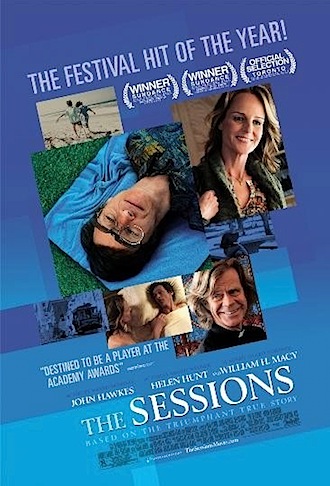
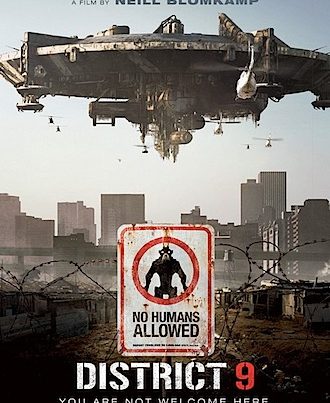
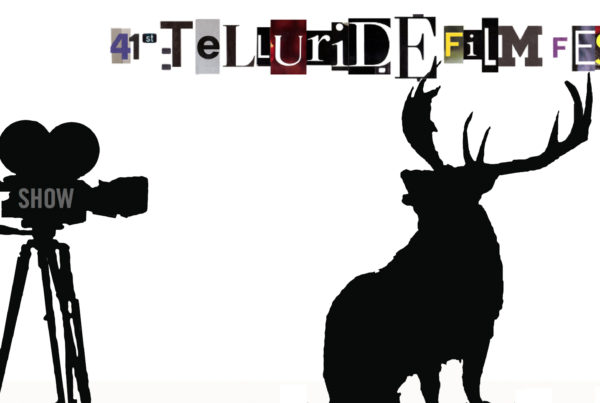
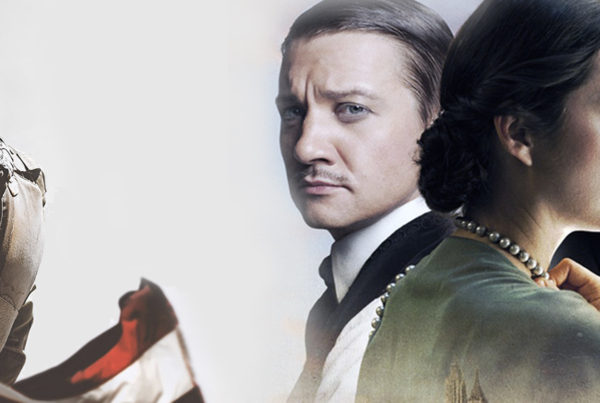
@The Sessions: i should go and see this. but my Methodist upbringing is making me feel bad about the desire to see such a film.
@Alex Cross: your shorter reviews always make me flash on “The quickest way to a man’s heart is through the rib cage.” thank you.
Thanks DF. The worse the film the more fun the review. Sometimes.